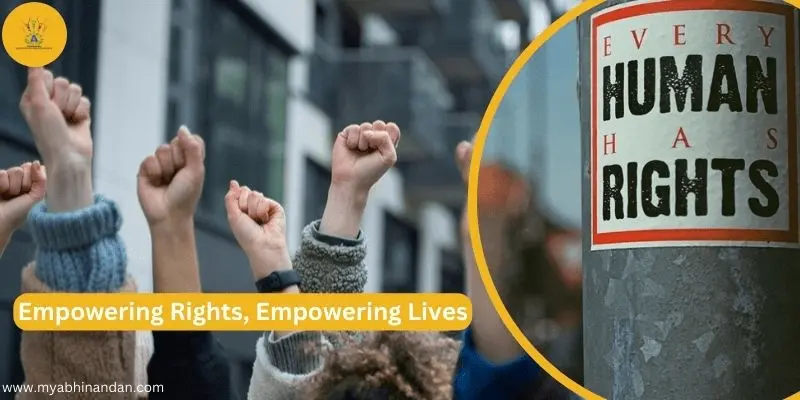India’s 2024 Lok Sabha Elections: A Referendum on Economic Reforms?

India’s 2024 Lok Sabha Elections: A Referendum on Economic Reforms?

The 2024 Lok Sabha elections in India are not just a political event, but a referendum on the economic reforms that have been implemented since the liberalization of the Indian economy in 1991. The elections are being held from 19 April to 1 June 2024 in seven phases, and the results will be declared on 4 June 2024.
Economic Reforms: A Retrospective
The economic reforms initiated in 1991 aimed at liberalizing the economy and accelerating its growth rate. These reforms rapidly industrialized India, transforming it from a famine-struck agrarian economy into a global food exporter and a leading software powerhouse.
However, the reforms also brought challenges. The poor performance of the industrial sector, an adverse balance of payments, a rise in fiscal deficit, inflation, and the Gulf War were some of the reasons that necessitated the economic reforms.
The 2024 Lok Sabha Elections: A Litmus Test for Economic Reforms
The 2024 Lok Sabha elections are being viewed as a litmus test for these economic reforms. The major political parties — the Bharatiya Janata Party (BJP), the Indian National Congress (INC), and the Communist Party of India — have released their manifestos outlining the promises they intend to deliver if elected to power.
The BJP, under Prime Minister Narendra Modi, has focused on the continuation of economic reforms, with an emphasis on digitalization and infrastructure development. The INC, on the other hand, has promised to address the economic challenges faced by the country, with a focus on job creation, poverty alleviation, and social justice.
Political Parties Manifestos For The 2024 Lok Sabha Elections:
1. Bharatiya Janata Party (BJP): The BJP’s manifesto, also known as the ‘Sankalp Patra’, includes key promises such as:
- Bringing a Uniform Civil Code (UCC)
- Supporting the Indian Olympic Association in its bid to host the 2036 Olympic Games
- Implementing the Citizenship Amendment Act (CAA)
- Making One Nation, One Election a reality
- Implementing law against paper leaks
2. Nationalist Congress Party (NCP): The NCP’s manifesto promises development and supports caste-based census demand. Dilip Walse-Patil, a senior NCP leader, headed the preparation of the manifesto.
3. Indian National Congress (INC): The INC’s manifesto, known as the ‘Nyay Patra’, is focused on the welfare of the poor. A Congress delegation presented a memorandum to the Election Commission, citing alleged poll code violations by Modi.
Election Phases and Voter Turnout
The first phase of the elections saw a voter turnout of 62.37%, indicating a high level of public engagement. The second phase is set to take place on April 26, with 89 constituencies from 12 States and one Union Territory going to the polls.
The Role of NGOs on 2024 Lok Sabha Election.
Non-Governmental Organizations (NGOs) play a significant role in the democratic process, particularly during elections. In the context of the 2024 Lok Sabha Elections, NGOs have been actively involved in various aspects:
1. Voter Awareness Campaigns: NGOs, along with the Election Commission of India, influencers, and the media, have run several awareness campaigns. These campaigns usually result in an organic increase in vote share by 1-1.5%. They emphasize the importance of voting and aim to increase voter turnout. Despite these efforts, the first phase of the 2024 Lok Sabha elections recorded a voter turnout of 65.5%, lower than the almost 70% turnout recorded in 2019.
2. Addressing Polarization: The 2024 Lok Sabha elections have seen some degree of polarization. NGOs play a crucial role in addressing this issue by promoting inclusive politics and encouraging dialogue among different groups.
3. Collaboration with Political Parties: Some political parties have also reached out to NGOs and self-help groups to formulate strategies for the elections2. For instance, the Bharatiya Janata Party (BJP) held the Shakti Vandan national workshop to reach out to NGOs and self-help groups ahead of the 2024 Lok Sabha polls.
4. Promoting Environmentally Friendly Practices: NGOs also promote environment-friendly practices during elections. For instance, they emphasize the importance of voting along with friends and family to reduce carbon emissions.
NGOs in India play a vital role in promoting democratic values, raising voter awareness, addressing political polarization, collaborating with political parties, and promoting environmentally friendly practices during the Lok Sabha Elections.
Conclusion
The 2024 Lok Sabha elections are a crucial juncture in India’s economic journey. The election results will shape India’s political and economic future, with global attention focused on its choices.
Tags: 2024 Lok Sabha Elections, 2024 Lok Sabha polls, BJP’s manifesto, environment-friendly practices, INC’s manifesto, India’s economic journey, Indian economy, Referendum on Economic Reforms, skill development NGO, skill development NGOs in India, social work ngo in Delhi, Voter Awareness